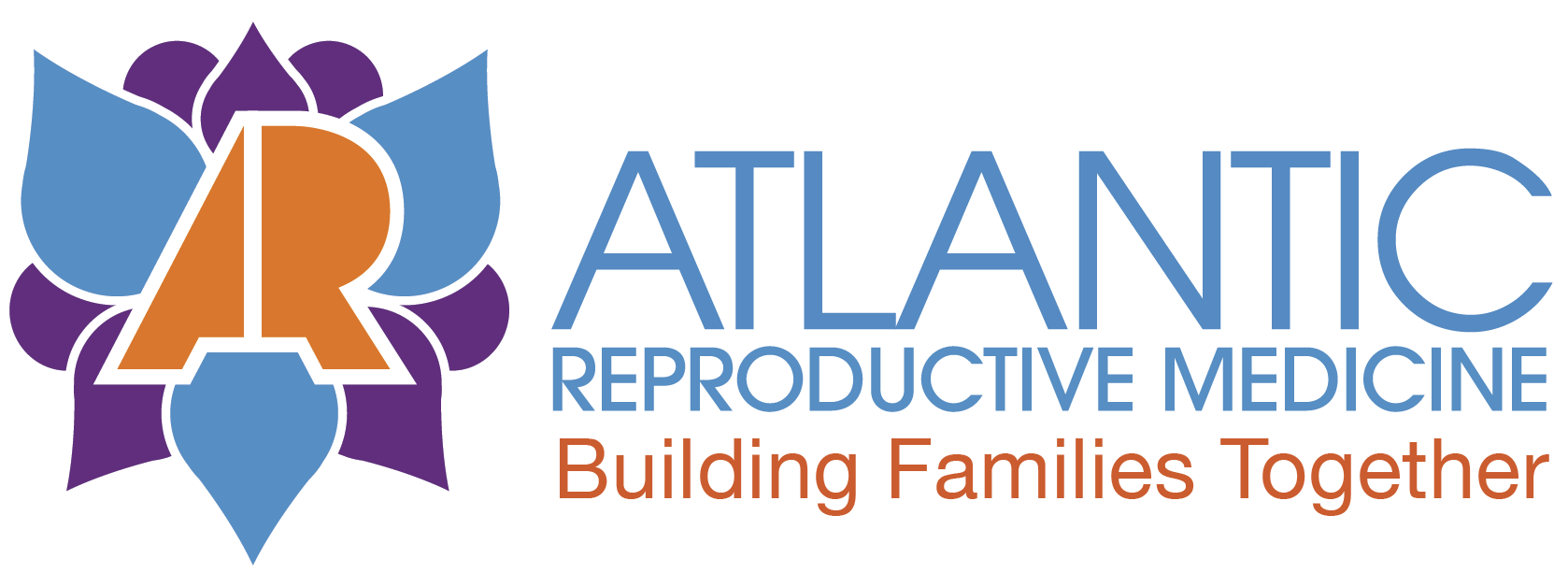 If you’re considering having a baby in the near future, you may already be thinking about baby names and nursery themes. Although choosing just the perfect name is an important part of the planning process, discussing your plans for pregnancy with a professional is something that you should consider before you even start trying. Pregnancy is one of the riskiest things that women ever do in their lives, and the ultimate health of the mom and the baby are often taken for granted. Many problems in pregnancy can be reduced or prevented. A preconception counseling session with a fertility doctor will help you maximize your chances of a healthy pregnancy.
If you’re considering having a baby in the near future, you may already be thinking about baby names and nursery themes. Although choosing just the perfect name is an important part of the planning process, discussing your plans for pregnancy with a professional is something that you should consider before you even start trying. Pregnancy is one of the riskiest things that women ever do in their lives, and the ultimate health of the mom and the baby are often taken for granted. Many problems in pregnancy can be reduced or prevented. A preconception counseling session with a fertility doctor will help you maximize your chances of a healthy pregnancy.
What Is Preconception Counseling?
Preconception counseling is a planning step that can help you identify and anticipate potential issues that could impact your pregnancy. It usually consists of a physical exam and questions about both partners’ medical history and lifestyle. In some cases, lab and blood work may also be reviewed as part of the session. During your visit, your fertility doctor will cover these topics:
- Medical History: Among other things, your doctor will ask about any chronic diseases, such as diabetes and high blood pressure, that can specifically be exacerbated by pregnancy. Making a list of surgeries and illnesses will help you make sure you don’t forget anything important. If you do have a chronic health issue, your doctor can offer recommendations that will help you and your baby minimize risk during the pregnancy. The counseling session will also cover any diseases that tend to run in your family, as well as the father’s medical history.
- Reproductive History: The preconception counseling session also focuses on past pregnancies and outcomes, postpartum complications, abnormal Pap smear results, reproductive surgeries, menstrual history, infections and any conditions you may have, such as endometriosis or polycystic ovary syndrome. It’s important to mention sexually transmitted diseases, as these diseases can scar the fallopian tubes and make it more difficult to become pregnant.
- Lifestyle Factors: Your doctor will ask you about factors that may affect your pregnancy, including hobbies, the status of your relationship with your partner, drug and alcohol use, and the type of work you and your partner do. Exposure to toxins and diseases can increase the risk of problems in pregnancy. If you work with chemicals or solvents, or your work involves other hazards, you may need to make some modifications to your workload when you become pregnant. Toxins can also affect the male partner and cause changes in sperm quality.
- Genetic Disorders: Every preconception counseling visit includes a discussion about screening you for inherited disorders, especially those that sometimes appear with no family history. Some of these disorders are more prevalent in certain ethnic groups, such as Tay-Sachs disease, sickle cell anemia, thalassemia and others, and they can be prevented.
- Weight: Weighing too much or too little may affect your ability to become pregnant or cause complications during pregnancy. Achieving the ideal weight for your frame before you become pregnant will help you avoid possible problems. Obesity can increase your risk of developing Type 2 diabetes, gestational diabetes and pregnancy-related high blood pressure. It may also increase the chance that you’ll need a cesarean delivery.
- Medications: Bring a complete list of medications you take to your preconception counseling visit. Include prescription, over-the-counter and herbal medications. If any of your medications are associated with complications in pregnancy, your fertility doctor will recommend that you ask the prescribing physician about trying a different medication.
- Diet and Exercise: Your pregnancy is more likely to start on a healthy note if you eat a well-balanced diet and exercise regularly. Your doctor will ask questions about your diet and may advise making changes if it’s not high in recommended nutrients. He or she will also ask about the type of exercise you prefer. Although it’s important to get enough exercise during pregnancy, some types of extreme exercise should be avoided.
- Environmental Health Threats: Your preconception counseling visit also includes a discussion of any environmental issues that can threaten a pregnancy, such as the Zika virus.
- Maximizing Fertility: During preconception counseling, you’ll receive fertility tips that will help you improve your chances of conceiving and keep both you and your baby healthy. Your doctor may offer several suggestions, such as taking prenatal vitamins that contain between 400 and 800 micrograms of folic acid, quitting smoking, avoiding alcoholic beverages and updating vaccinations. If you do have a condition or disease that may make it harder to become pregnant, your doctor will also discuss fertility treatments with you.
Are you thinking about expanding your family? Schedule a preconception counseling session with a fertility doctor three to six months before you plan to conceive to give your future child the best possible start.
Sources:
The American College of Obstetricians and Gynecologists: FAQ
The American College of Obstetricians and Gynecologists: Committee Opinion
American Family Physician: Recommendations for Preconception Counseling and Care

